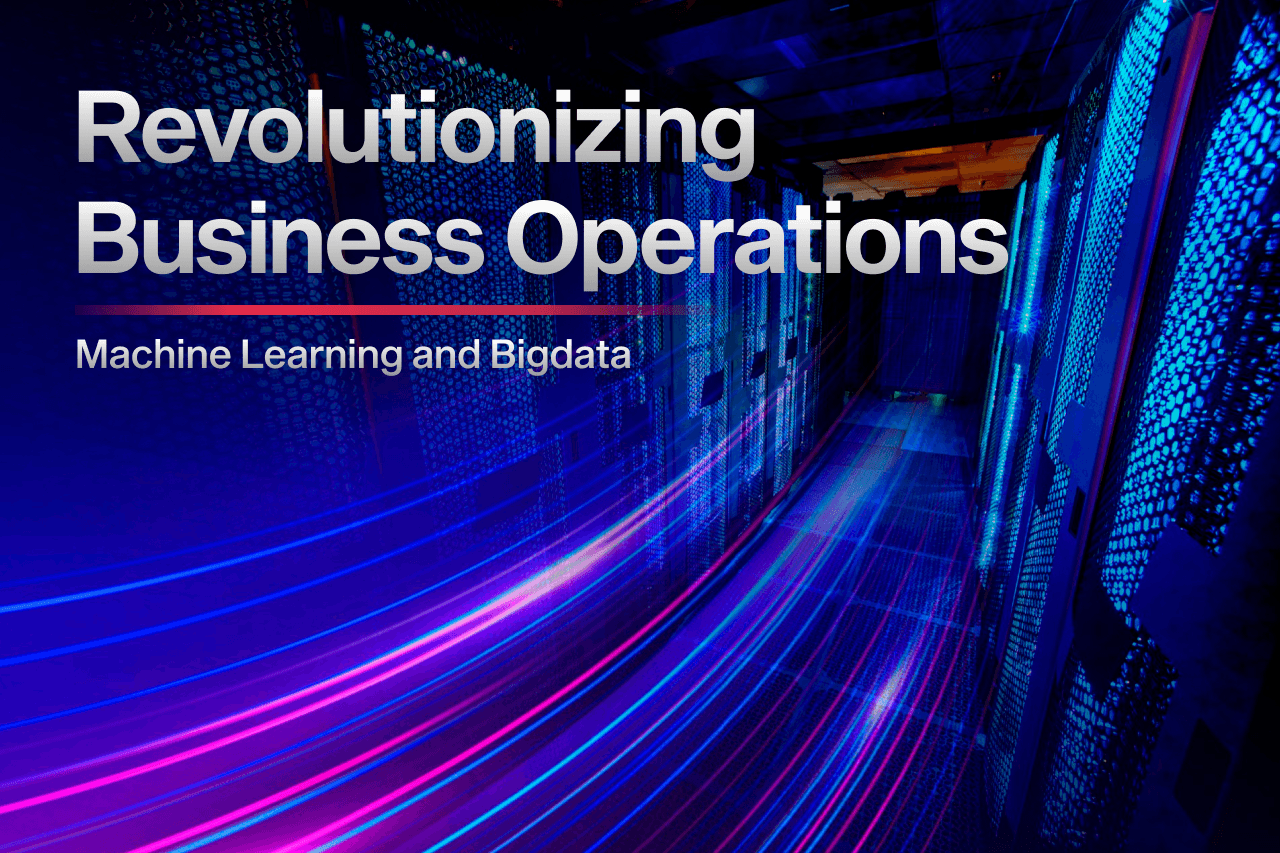As businesses strive for greater efficiency and smarter decision-making, the integration of Artificial Intelligence (AI), Machine Learning (ML), and Big Data Analytics into Enterprise Resource Planning (ERP) systems is transforming the landscape. These technologies are enabling ERP systems to go beyond traditional functions, such as managing finance, supply chain, and human resources, by making operations more intelligent, predictive, and efficient.
AI and ML: Bringing Intelligence to ERP Systems
The incorporation of AI and ML into ERP systems allows businesses to automate and optimize a wide range of processes. By leveraging ML algorithms, ERP platforms can analyze vast datasets to predict trends, optimize workflows, and detect inefficiencies before they escalate into major issues. For example, AI-powered ERP systems can forecast demand more accurately, leading to optimized inventory levels and better supply chain management.
AI also enables real-time data analysis, providing insights into financial performance, customer behavior, and market conditions. This helps businesses make faster and more informed decisions, reducing errors and improving overall productivity.
Big Data Analytics: Unlocking Predictive Insights
Big Data Analytics plays a crucial role in enhancing the capabilities of AI-driven ERP systems. By processing and analyzing large volumes of data from multiple sources, ERP platforms can uncover hidden patterns and trends. This enables companies to predict customer needs, identify emerging market opportunities, and mitigate risks with greater accuracy.
For instance, predictive maintenance powered by Big Data can anticipate equipment failures before they happen, minimizing downtime and reducing operational costs. Similarly, sales teams can use data analytics to understand customer preferences, refine marketing strategies, and boost revenue.
Conclusion
By integrating AI, ML, and Big Data Analytics, ERP systems are evolving into powerful tools that drive business efficiency. These technologies allow companies to optimize operations, make smarter decisions, and stay ahead of the competition in an increasingly data-driven world.


